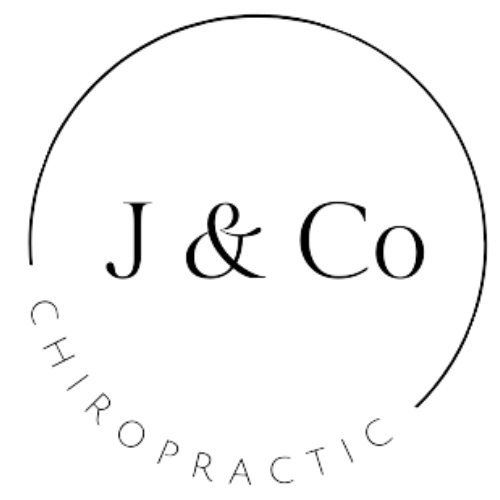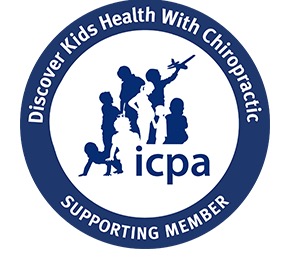Post-Surgery Rehabilitation and Chiropractic Care – Overview
Modern medicine aims at improving the quality of life. With technological advancements, we now have a range of treatments for many health conditions. Using life-saving medications and a combination of invasive and non-invasive treatments, we can now cure several diseases.
Medical practitioners often prefer non-invasive treatments, but invasive or surgical procedures still remain a common way to treat several health concerns. Globally, over 300 million surgical procedures are performed every year. While some are small procedures, such as wisdom tooth extraction, and do not involve longer recovery time, others can be major surgeries like organ transplants, which can take several months to recover.
Sometimes, a surgical procedure may increase your risk of developing a new set of problems. While you may recover from the original problem, it’s common to experience new and different pains and aches that you never had before the surgery.
These new pains and aches are primarily associated with the body’s response to incision. When an incision is made, it damages the skin and takes a toll on connective tissues, muscles, and fat layers, resulting in the formation of scar tissue at multiple levels within your body.
The formation of scar tissue often limits your mobility and affects the flexibility of the area, and that’s why post-surgery rehabilitation is important.
Post-surgery rehabilitation involves a combination of various occupational and physical therapies that are targeted toward restoring the body’s functionality. These therapies can help patients regain independence, muscle strength, function, and flexibility.
But the road to recovery after a major surgical procedure can be tough. It is common for patients to experience intense pain and have trouble restoring mobility. In such instances, chiropractic care after surgery can help.
Let’s learn more about how chiropractic care after surgery can facilitate your post-surgery rehabilitation and allow you to regain strength, functionality, and independence.
How Chiropractic Care Facilitates Post-Surgery Rehabilitation
Chiropractic care after surgery can assist in restoring your movement and reducing post-operative pain by using soft tissue treatments and spinal adjustments.
Here are a few ways through which chiropractic care facilitates post-surgery rehabilitation.
Pain Management
Pain management is a key aspect of post-operative rehabilitation, and chiropractic care can effectively help you manage post-operative pain.
By combining strengthening exercises and chiropractic adjustments, you can reduce the risk of scar tissue formation, which is the primary reason for post-surgical pain. Moreover, chiropractic rehabilitation will also loosen up tight muscles and strengthen them so you can regain strength and restore mobility and independence quickly after surgery.
Breaks Down Collagen to Manage Adhesions
Following an incision, the body develops scar tissue, which is a natural healing response. However, while forming the scar tissue, excessive collagen production can be triggered, which can bind adjacent connective tissues with the scar tissue. As a result, an adhesion is formed, which can restrict your range of pain-free mobility.
Chiropractic care after surgery helps you break down excessive collagen that causes adhesions. As a result, it plays an integral role in restoring your pain-free range of motion.
Improves Blood Flow
Your speed of post-surgery recovery depends on how well your tissues and muscles (which experienced incision) receive the oxygen and nutrients they need through blood.
A spinal disc bulge or misalignment can hamper your healing process as it restricts blood flow and reduces circulation. As a result, you may experience slower recovery after surgery.
Chiropractic care after surgery helps align your spine and improve blood flow around the body. It ensures that your wound receives the nutrients and oxygen it needs so you can recover quickly.
Increases Activity at the Cellular Level
Chiropractic care improves blood flow and muscle activity, stimulating activity at the cellular level. With an increase in overall cell activity, there is an increase in your metabolic rate, which speeds up cell production and your recovery.
Stretches Muscles and Tissues to Restore Mobility
While the body is healing from an incision, it is common to experience muscle tightness. Moreover, the muscles and tissues also tend to tighten post-surgery due to limited post-operative mobility. The problem is worse for individuals who get knee or hip surgery but were immobile before the surgery due to their medical condition.
Chiropractic care after surgery involves stretching and strengthening exercises that can stretch and loosen up tight muscles and tissues. As a result, it helps you regain your mobility shortly after surgery.
Chiropractic Care for Post-Surgery Rehabilitation
If you recently underwent a major surgery in Arlington Heights and are concerned about your recovery, we recommend getting in touch with J & Co Chiropractic.
We also recommend individuals schedule an appointment with us before surgery so we can guide them on how to improve their post-surgery recovery.
Connect today and schedule your session at J & Co Chiropractic so we can guide you more about your post-surgery rehabilitation.


